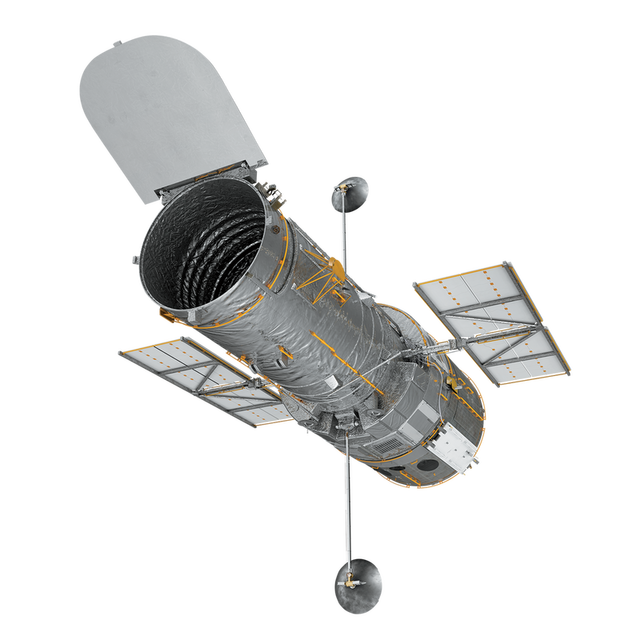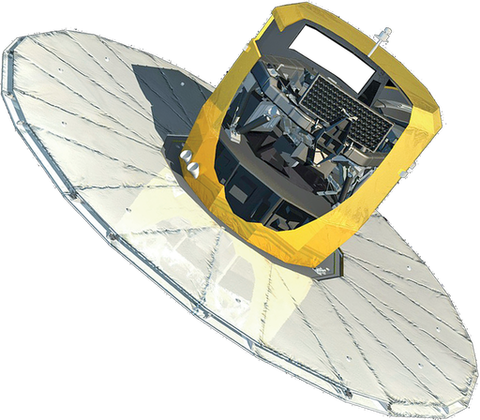
Gaia
Peopledon’thavetogotoaplacetoexploreit.ManyofEarth’sspacecraftaresendingbackimages,data,andotherinformationforscientiststostudy.Here’salookatwhatwe’re discovering.
SpeedingStars
OneexcitingmissioniscalledGaia.It’smeasuringthedistancesandmotionsofmorethanabillionstarsinourgalaxy,theMilkyWay.In2018,scientistsreleasednewdatafromGaiathatledtomany discoveries.
Forexample,astronomersdiscoveredtwosmallstarsthatspeedthroughspaceat8millionkilometers(5millionmiles)perhour.Thesestarsaresofast,theywilleventuallyescapetheMilky Way.
Scientiststhinkeachstarwasoncewhirlingaroundanothersmall star.Whenthatstarblewup,thesurvivingstarskeptgoingatthesamehigh speed.
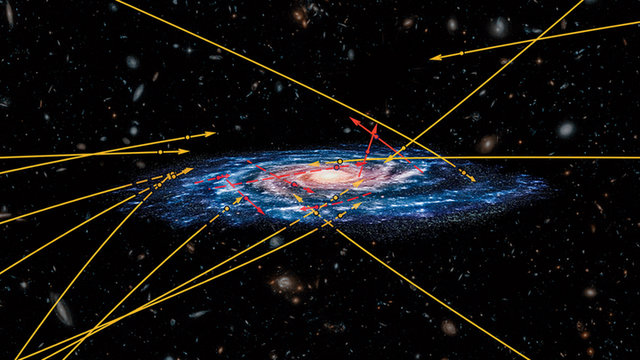
Thisillustrationshowsthemovementofstars,astrackedby Gaia.

TechniciansreadyTESSfor launch.
SeekingNewEarths
In2018,NASAlaunchedaspacecrafttofindnewplanetsgoingaroundstarsotherthanoursun.ThisspacecraftisnamedTESSforTransitingExoplanetSurveySatellite.Ifaplanetpassesinfrontofitsstar,thestar’slightdimsalittle.ThatletsTESSdiscoverthe planet.
TESSfounditsfirstplanetgoingaroundastarnamedPiMensae.Thisstarislikethesun.ButtheplanetismuchclosertothestarthanEarthistothesun.So,theplanetmustbetoohottoliveon.Overtime,TESSwillprobablydiscoverthousandsofnewplanets.Maybesomewillbemorelike Earth.
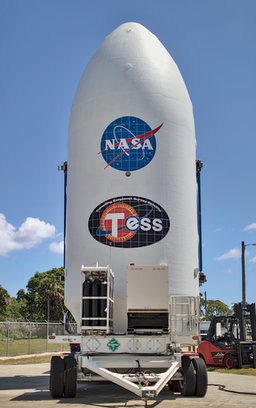
TESS
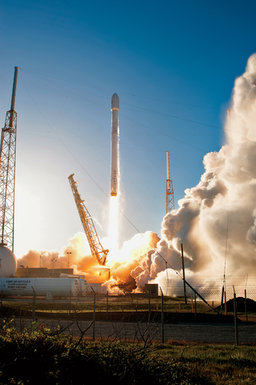
TESS launches.
LookingBeyond
Meanwhile,anoldtelescopeisstillshowingusnewthingsinspace.ThisistheHubbleSpaceTelescope,whichNASAlaunchedin1990.Hubblelooksatplanets,stars,andother galaxies.
Hubblehashadgreatsuccessbecauseit’saboveEarth’satmosphere.Airshakesthebeamoflightfromastar,makingthestartwinkle.Yes,atwinklingstarisbeautiful.But,thetwinklemakesithardertostudythestar’slight.Outinspace,starsdon’ttwinkle,soHubbleseesthemmore clearly.
What’sNext?
Hubbleisfairlysmall.Itsmainmirrorisonlyabout2.4meters(8 feet)across.NASAwantstolaunchamuchbiggertelescope.ThisoneiscalledtheJamesWebbSpaceTelescope.It’snearlythreetimesbiggerthanHubble.AndlikeHubble,thistelescopewillbeaboveEarth’satmosphereandwillseeplanets,stars,andgalaxiesclearly.Whoknowswhatwewillseenextin space?
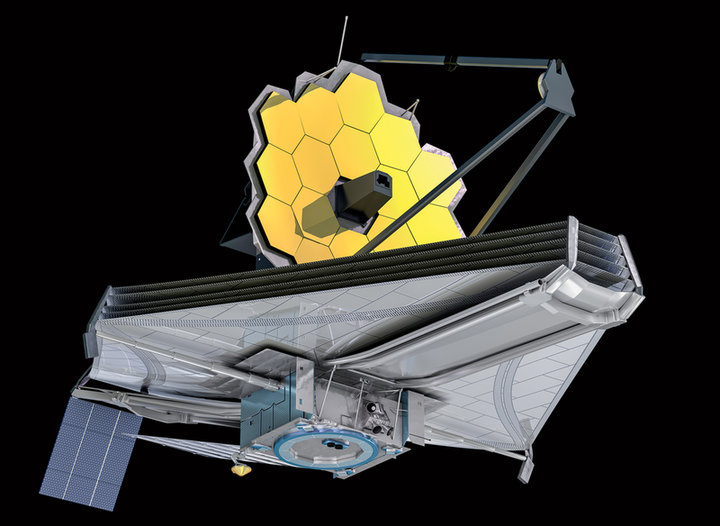
theJamesWebbSpace Telescope
aclose-upof Mars
theCrabNebula,theremainsofasupernova explosion
Saturn
theAntennae galaxies
MysticMountain,apillarofgasanddustwithstarsburiedinside,andnearbybright stars

